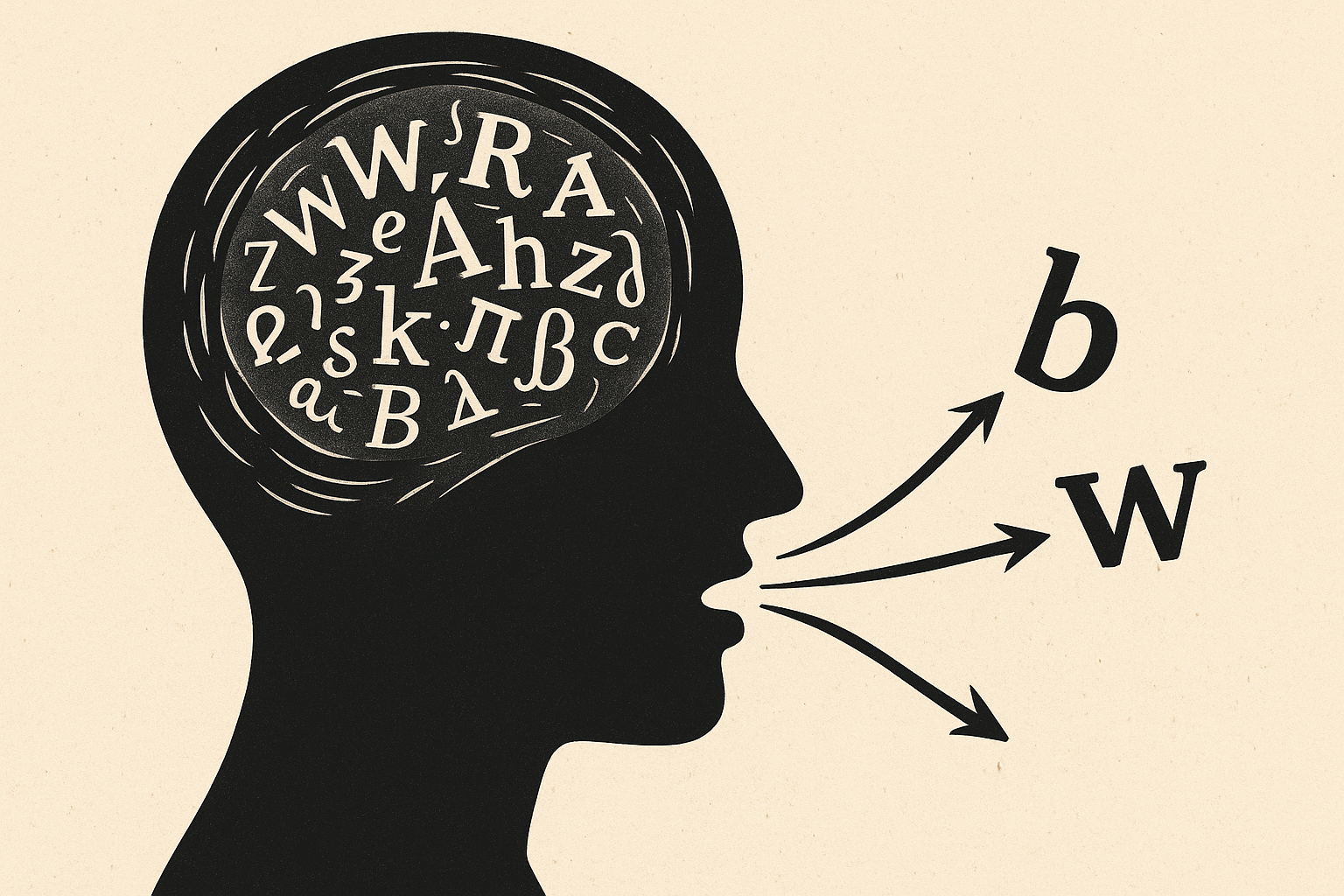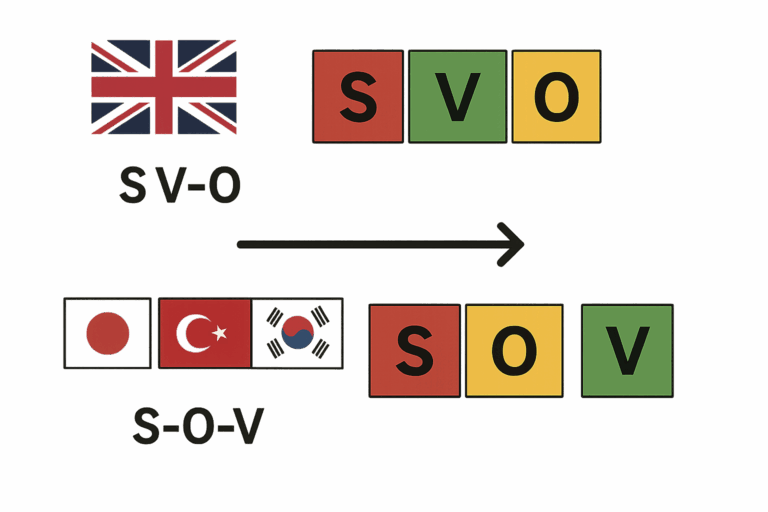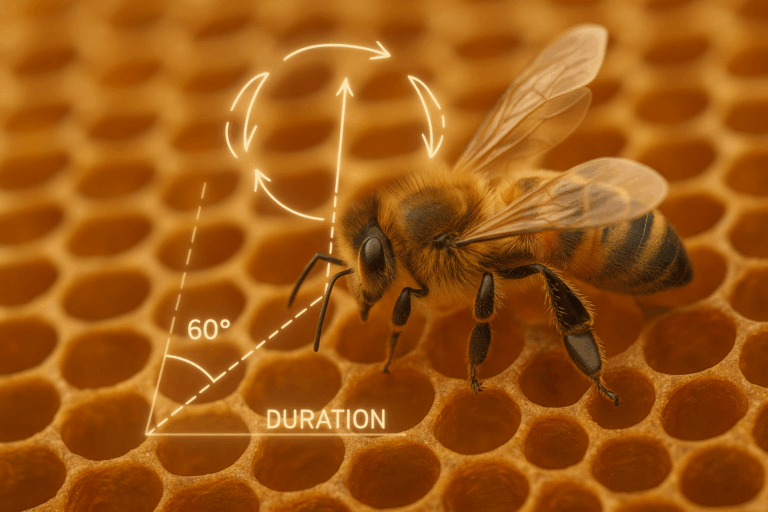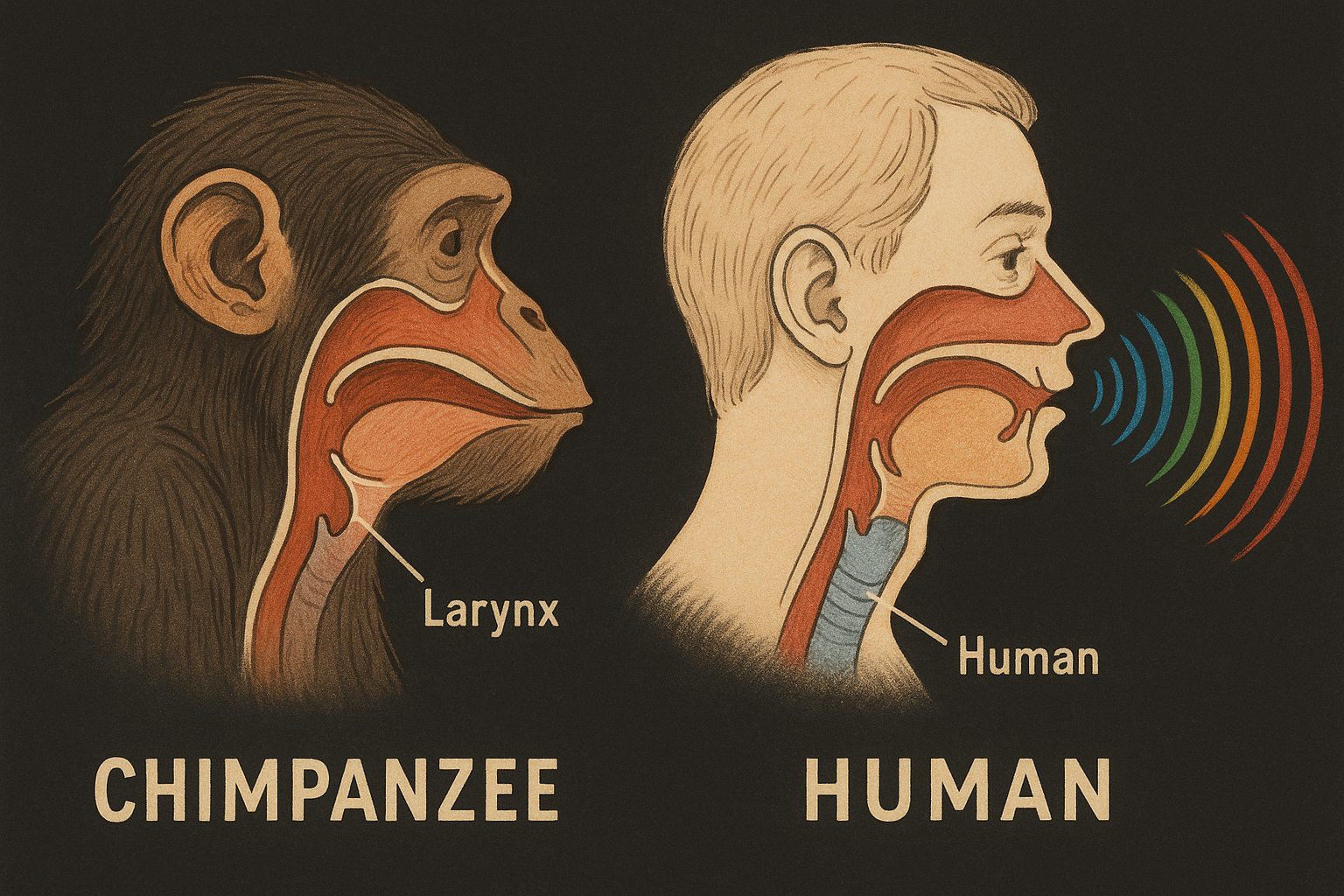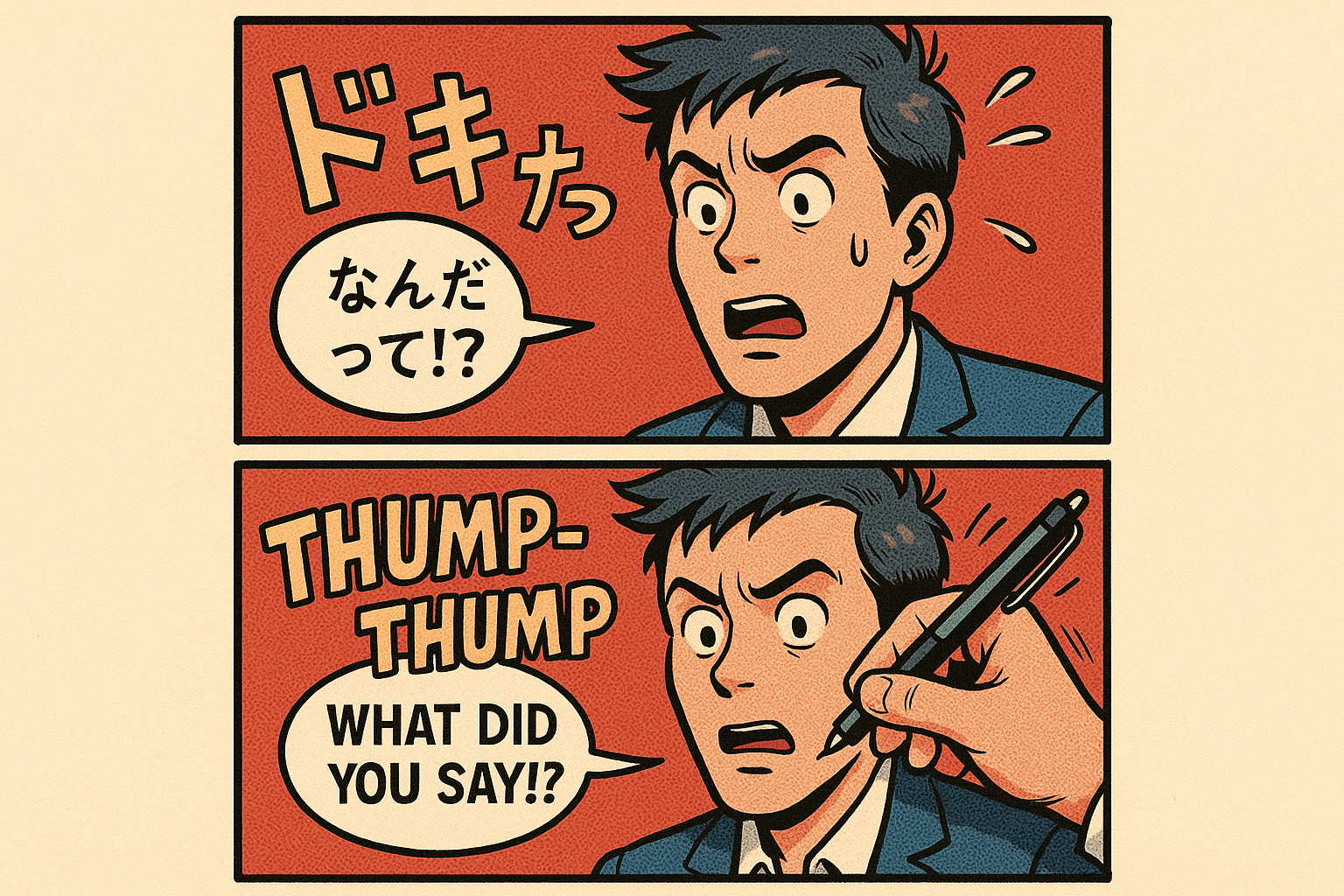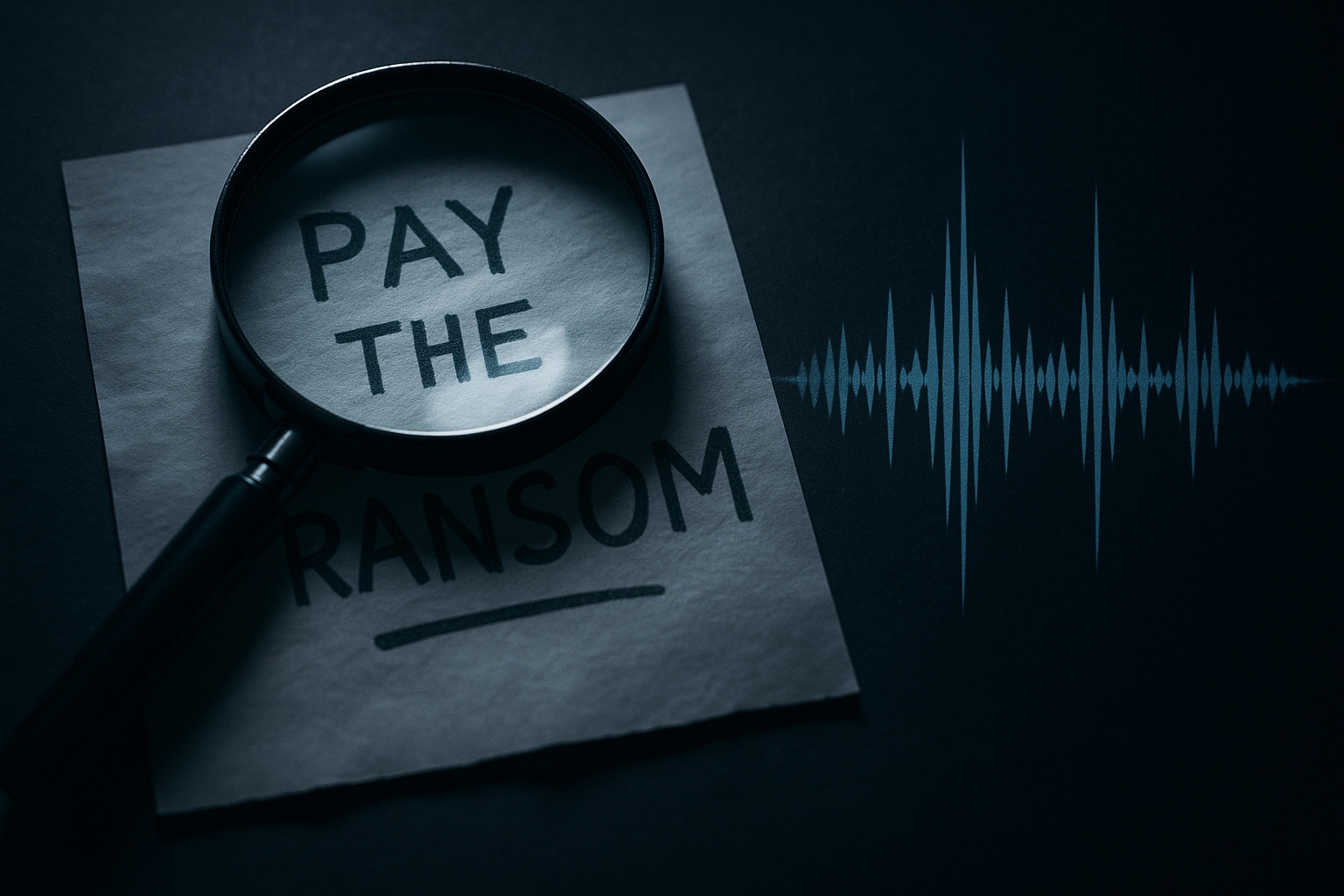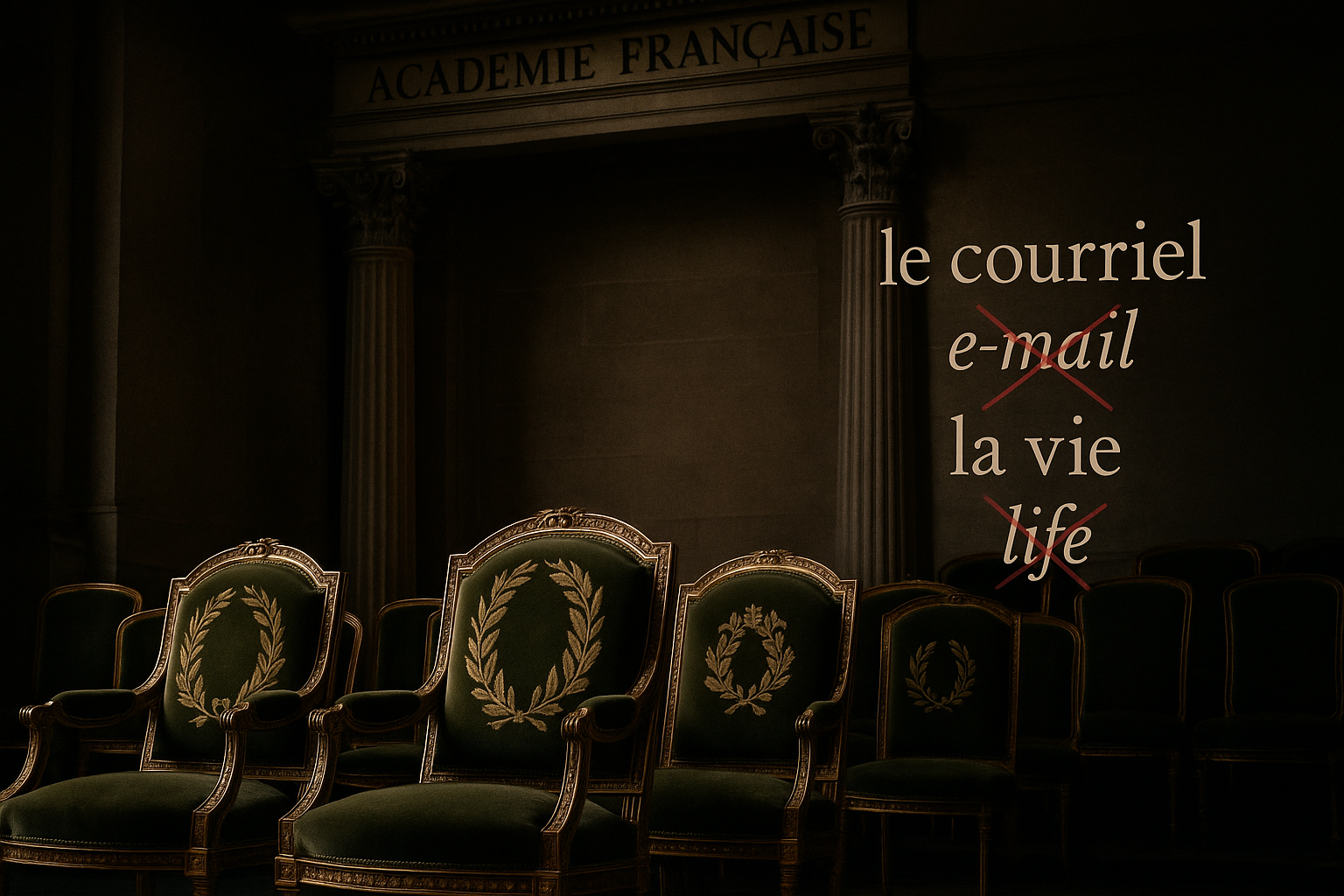You’re telling a story with gusto, reach the dramatic conclusion, and declare that the villain was peddling “a complete lack of pies!” Your friends chuckle. You meant, of course, “a complete pack of lies.” For a moment, you’re embarrassed, but then you wonder: what just happened in my brain? Was that a “Freudian slip,” a subconscious craving for dessert leaking into my speech? Or was it just a random brain glitch, a misfiring of mental wires?
This question lies at the heart of a fascinating field called psycholinguistics. While Sigmund Freud might have seen a hidden desire for pastry, modern linguists see something even more revealing: a window into the incredible, high-speed process of how our minds organize and produce language. These everyday errors, far from being simple mistakes, are clues that help us map the very architecture of thought and speech.
The Classic Freudian Interpretation
Let’s first address the theory that made these slips famous. Sigmund Freud, in his 1901 book The Psychopathology of Everyday Life, argued that these errors, which he called parapraxes, are not accidental at all. He believed they were the result of the unconscious mind overpowering the conscious one, revealing repressed thoughts, beliefs, or desires.
The classic examples are often dramatic. A man intending to toast the new company chief says, “We are delighted to have our new thief…” Or someone meaning to say “I’m glad you’re here,” accidentally says, “I’m glad you’re dead.” In Freud’s view, these aren’t random mix-ups; they are expressions of hidden animosity or true feelings breaking through the speaker’s self-censorship.
While this idea is culturally powerful and undeniably intriguing, most linguists find it lacking. It’s largely unfalsifiable—how can you prove a slip wasn’t caused by a hidden desire? More importantly, it fails to explain the vast majority of speech errors, which are far more mundane and systematic than Freud’s theory allows.
The Linguist’s View: Blueprints of the Brain
To a linguist, a slip of the tongue is like a crack in a machine that momentarily lets you see the gears turning inside. Speech production is an astonishingly complex task. In a fraction of a second, your brain must:
- Conceptualize: Form an idea or message.
- Formulate: Translate that idea into a linguistic structure, selecting words and arranging them with correct grammar.
- Articulate: Send motor commands to your lips, tongue, and vocal cords to produce the sounds.
Speech errors almost always occur during the formulation stage. They are bugs in the planning and assembly process, and by studying the patterns of these bugs, we can reverse-engineer the system itself.
A Taxonomy of Tongue-Tangles
Linguists have categorized speech errors into several types, each telling us something different about how language is built in the mind.
Sound Errors (Phonological Slips)
These happen when sounds get swapped, moved, or misplaced. They show that our brain treats individual sounds (phonemes) as distinct, movable units.
- Spoonerisms (Exchanges): This is the most famous type, named after the Reverend William Archibald Spooner, who was notorious for them. A spoonerism swaps the initial sounds of two or more words.
Example: “You have hissed all my mystery lectures” instead of “You have missed all my history lectures.”
What it reveals: We don’t just plan one word at a time. Our brain has a “planning buffer” holding several words at once, and sometimes the sound-units in that buffer get assigned to the wrong word slot. - Anticipations: A sound from a later word shows up too early.
Example: “A leading list” instead of “A reading list.”
What it reveals: This is more strong evidence for advance planning. The /l/ sound from “list” was already active in the brain’s buffer and jumped the gun. - Perseverations: A sound from an earlier word gets stuck and repeats.
Example: “He pulled a pantrum” instead of “He pulled a tantrum.”
What it reveals: A unit from the speech plan fails to deactivate after being used, carrying over into the next word.
Word Errors (Lexical Slips)
Sometimes the error isn’t with a single sound, but with an entire word. These slips are incredibly insightful because they show us how our mental dictionary, or “lexicon,” is organized.
- Semantic Substitutions: Replacing a word with another that has a similar meaning.
Example: “He plays the violin in the orchestra” instead of “…the viola.” Or asking your spouse to hand you the “butter” when you meant the “margarine.”
What it reveals: Our brains store words in semantic networks, like a vast web where related concepts (violin, viola, cello) or categories (spreads, dairy) are clustered together. When we retrieve a word, we activate a whole neighborhood of related words, and occasionally we grab a close neighbor by mistake. - Phonological Substitutions (Malapropisms): Replacing a word with another that sounds similar but is unrelated in meaning.
Example: “He has a great prostrate gland” instead of “prostate.” Or your “lack of pies” instead of “pack of lies.”
What it reveals: Our mental lexicon isn’t just organized by meaning; it’s also organized by sound. When you go to retrieve a word, you can accidentally grab a “sound-alike” from a nearby phonological bin. - Blends: Two words that are both good fits for a concept get smooshed together.
Example: Deciding between “stifling” and “sweltering” and saying it’s “sweltering” outside.
What it reveals: This shows that sometimes two words are activated with equal strength in the brain, and instead of choosing one, the production system merges them.
The Verdict: Glitches That Illuminate
So, was your “lack of pies” a Freudian slip or a brain glitch? From a linguistic perspective, it’s a classic phonological substitution. The words “pack” and “lack” are phonologically very close, differing by only one initial sound. The words “lies” and “pies” are even closer—they’re perfect rhymes. Your brain was planning the phrase “pack of lies,” and in the high-speed assembly line of speech, it grabbed a couple of nearby, sound-alike parts off the conveyor belt.
Could there have been a subconscious thought about pie? Maybe. But the structural pattern of the error—the phonological similarity—provides a much more systematic and powerful explanation that accounts for thousands of other, similar slips.
Speech errors show us that language isn’t retrieved in whole, pre-packaged sentences. It’s a dynamic construction process. Our minds store sounds, morphemes (like the ‘-ed’ for past tense), and words as separate building blocks. We arrange these blocks into phrases in a planning buffer just ahead of articulation. Slips of the tongue are the fascinating, inevitable result of this complex system running at incredible speed.
So the next time you or someone else makes a verbal blunder, don’t just brush it off. Listen closely. You’re not hearing a psychological confession or a sign of incompetence. You’re hearing the beautiful, intricate, and occasionally clumsy machinery of the human mind at work.
